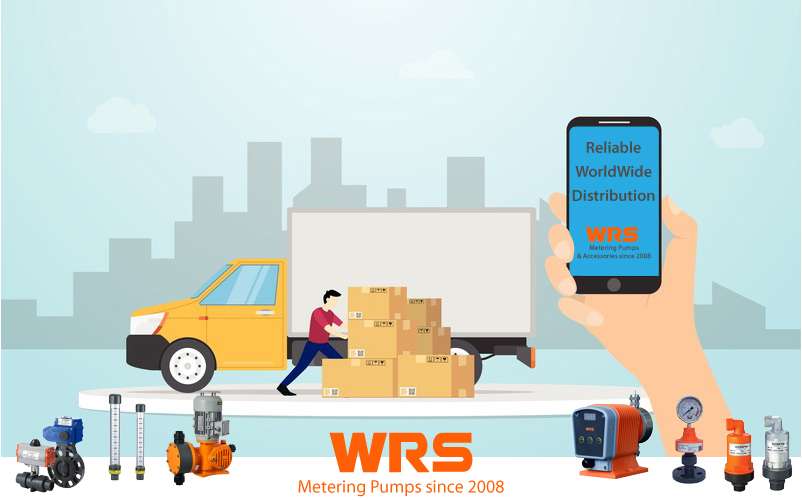
For obvious reasons, metering pumps carry out a function that aligns closely with complete accuracy and efficiency. Metering pumps with certain built-in functions such as signals and automated functions can offer you better results compared completely manual versions as they can retain the productivity and efficiency automatically.
In many facilities, the chemical dosing and metering pumps are run 24 hours with different settings required for each stage. While on-site staff can look into these requirements, an automated facility can reduce stress and make sure the process is free from human error or even forgetfulness. Any trusted and well established metering pump manufacturers in the business will tell you that the concept is simple: you install the pump, activate the settings and then this is one less thing for you to worry about.
With more and more industrial level machinery becoming automated, it was only a matter of time before this began to be applied to various models of metering pumps by manufacturers. Since industrial operations require high volume of production outcomes, some metering pumps work by using signal control, whereas others offer remote flowrate control using an additional actuator. Certain functions can also be timed according to different predetermined cycles allowing you higher degree of control.
Remote Control of Operation
A 4-20mA signal controller can be used with digital variable frequency drive technology to remotely control the output of the metering pump according to certain specifications. It is in fact the motor of the metering pump that responds to the signal.
Metering pumps have a fairly simple and straightforward operation. As long as motor speed and stroke length is predetermined and calibrated, they can easily be remotely controlled. It is only a matter of increasing or decreasing the output of the pump as per your need.
Additional accessories can also enable you to track the pump’s performance as well as the condition of the motor. Remote handling is specifically helpful in facilities and plants where multiple metering pumps are housed or complex chemical dosing applications are used. Since it can be cumbersome to check and adjust each pump separately, remote controlling lessens the work required, as a result increases efficiency and convenience. Not to mention it lessens the need for maintenance checks more often than they are needed.
Detecting Leaks in Metering Pumps
Leaks are a serious and common concern with chemical dosing applications, as many of the chemicals that are being dosed daily are highly corrosive and may burn through the pump’s materials. While this can be prevented to a great degree by investing in higher quality metering pumps manufactured by WRS, there are variety of valves and other extra metering pump accessories that can aid with these types of issue.
Double diaphragm designs are a good option for preventing leaks as there are two valves which prevent the fluid from flowing backward. Many of these pumps also come with leak detecting functions that are placed in the form of a switch in the back.
Double diaphragm metering pumps have two pistons with a dry interior, this also lessens the chances of leaks occurring. This is also helpful in preventing any potential contamination when water is being treated should a primary valve develop a leakage.
Contact Metering Pump Experts ‘WRS’ for More Information
Established in 2008, WRS offers a range of Metering Pumps and related components. We’re here to answer all your questions and also deliver exactly the affordable metering pump and accessories your customers want. Simply contact us to learn more about our products and services
